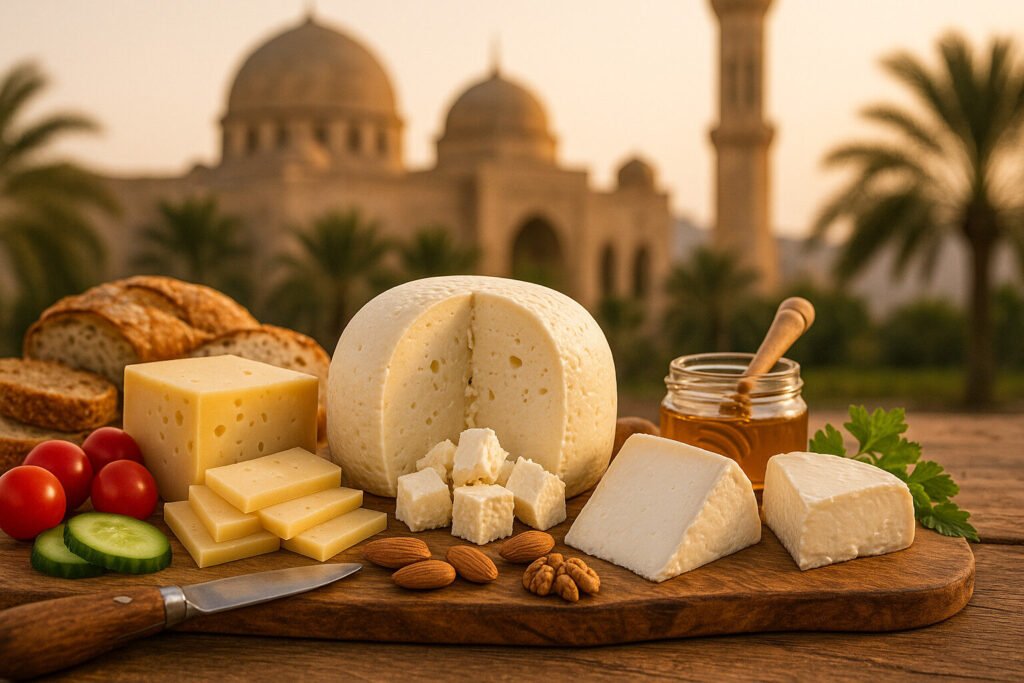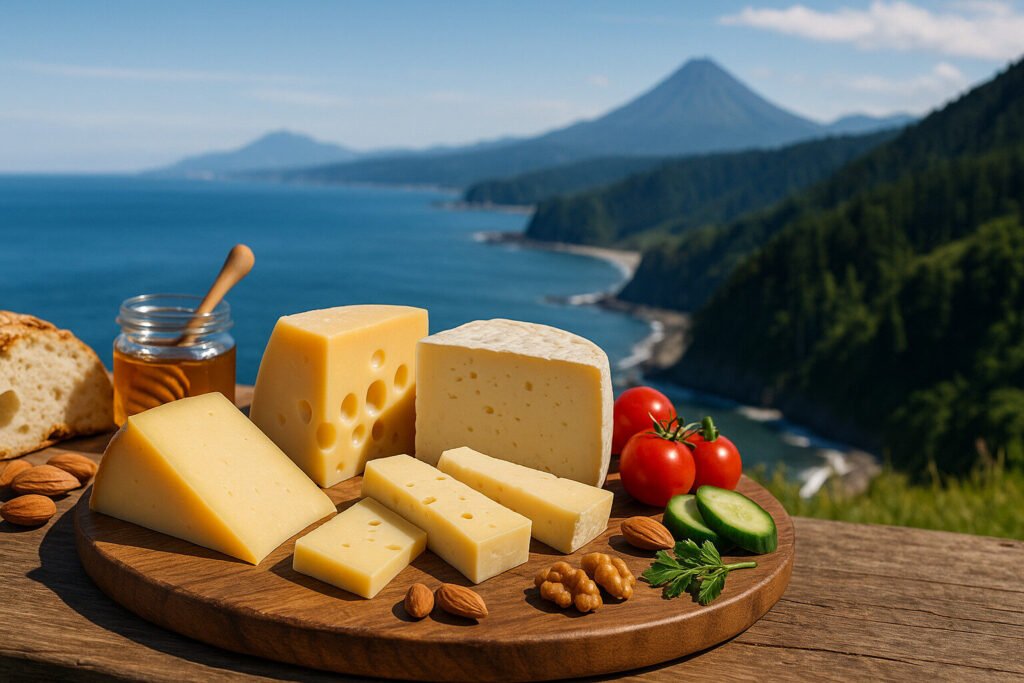Cheese Of Brunei
Brunei's Cheese Definition and Scope
Brunei’s cheese landscape is defined by its adherence to Islamic dietary laws, which prohibit pork-derived rennet. Local production focuses on halal-certified cheeses using microbial or plant-based coagulants. Imported varieties must comply with these religious requirements, limiting available styles primarily to fresh and processed types.
The scope encompasses both domestic creations and carefully vetted international products. Government regulations ensure all cheeses meet halal standards through rigorous certification processes. This creates a distinctive cheese environment blending modern food safety protocols with traditional religious observance.
Brunei's Cheese Production Methods
Domestic cheese production utilizes pasteurized milk from approved halal sources. Manufacturers employ vegetable rennet or microbial enzymes for coagulation in purpose-built facilities. Production scales remain modest, focusing on meeting local demand while maintaining strict quality control.
Processing techniques emphasize hygiene and compliance with halal requirements throughout manufacturing. Temperature control and packaging methods align with tropical climate challenges. Most production occurs in industrial settings under government supervision to ensure religious and safety standards.
Brunei's Cheese Sensory Profile
Available cheeses typically exhibit mild flavor profiles suitable for local palates. Texture ranges from soft fresh cheeses to firm processed varieties. Imported hard cheeses often undergo adjustments to withstand Brunei’s humid storage conditions.
Flavor characteristics tend toward neutral profiles with occasional incorporation of local spices in specialty products. Color remains generally pale due to limited aging capabilities. The sensory experience reflects both cultural preferences and practical storage limitations.
Brunei's Cheese Usage Patterns
Cheese consumption occurs primarily in urban centers and tourist establishments. Usage focuses on sandwich preparations, pizza toppings, and as accompaniments to Western-style dishes. Home cooking incorporates cheese sparingly in adapted traditional recipes.
Food service industries represent the largest cheese consumers, particularly hotels and international restaurants. Retail availability concentrates in supermarkets serving expatriate communities and upper-income households. Seasonal demand peaks during festive periods and tourist seasons.
Brunei's Cheese Regional Context
Brunei’s cheese market reflects its position within Southeast Asia’s developing dairy landscape. Neighboring Malaysia and Indonesia influence product availability through regional trade agreements. Climate considerations significantly impact cheese selection and storage protocols.
Import sources include Australia, New Zealand, and European countries with halal certification capabilities. Local adaptations sometimes incorporate Southeast Asian flavors into cream cheese spreads. The cheese scene continues evolving as global halal food markets expand and diversify.



